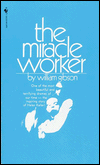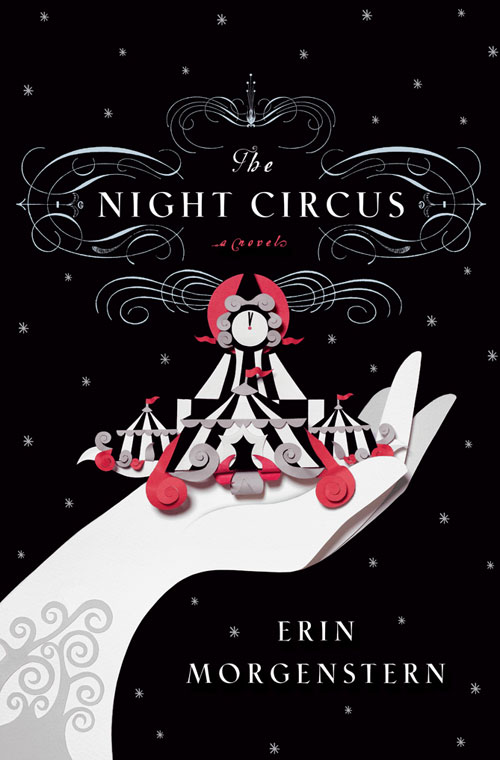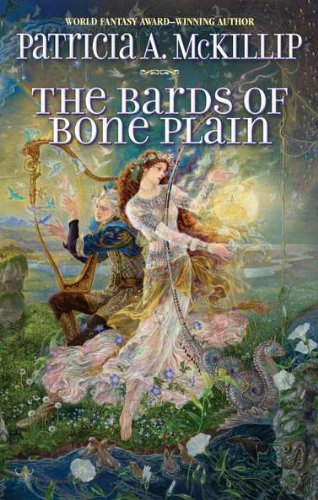James Keller: Sooner or later, we all give up, don't we?
Annie Sullivan : Maybe you all do, but it's my idea of the original sin.
Annie Sullivan : Maybe you all do, but it's my idea of the original sin.
I only picked up this play for a re-read because a friend of mine is directing it next year, and another friend (who wants to play Kate) recommended that I audition for Annie. Since it had been a number of years since I read it (I auditioned for Helen in my youth), I felt the need to reacquaint myself with the material before deciding if I was right for it.
The Miracle Worker, for the random person out there who doesn't know this, is the story of Helen Keller and Annie Sullivan. Everyone knows who Helen is, and Annie is the one who taught her. The play opens with Kate and Captain Keller discovering their child's illness has left her deaf and blind. The rest of the play centers on young Annie coming to try to teach Helen how to communicate, and how to function, as she has been left to run wild in the house. Annie's mission is to get Helen first to be civilized and therefore teachable, and then to get her to understand that the letters she is spelling into her hands mean things. One word will open up the door to what's locked inside. As you all know, by the end of the play she succeeds in getting Helen to understand the word "water" and as such gives her the gift of communication.
This is a really solidly written play, but it's hard to read, as so much of it is stage direction. Unfortunately, when you are working on the premise of a main character not understanding speech, it leaves a lot to be translated through physicality. While the directions are clear, it's still a play that is better seen than read (although I would argue this is true of pretty much every play ever written). The characters see such lovely growth throughout, and when played by the right people, it's a formidable work.






